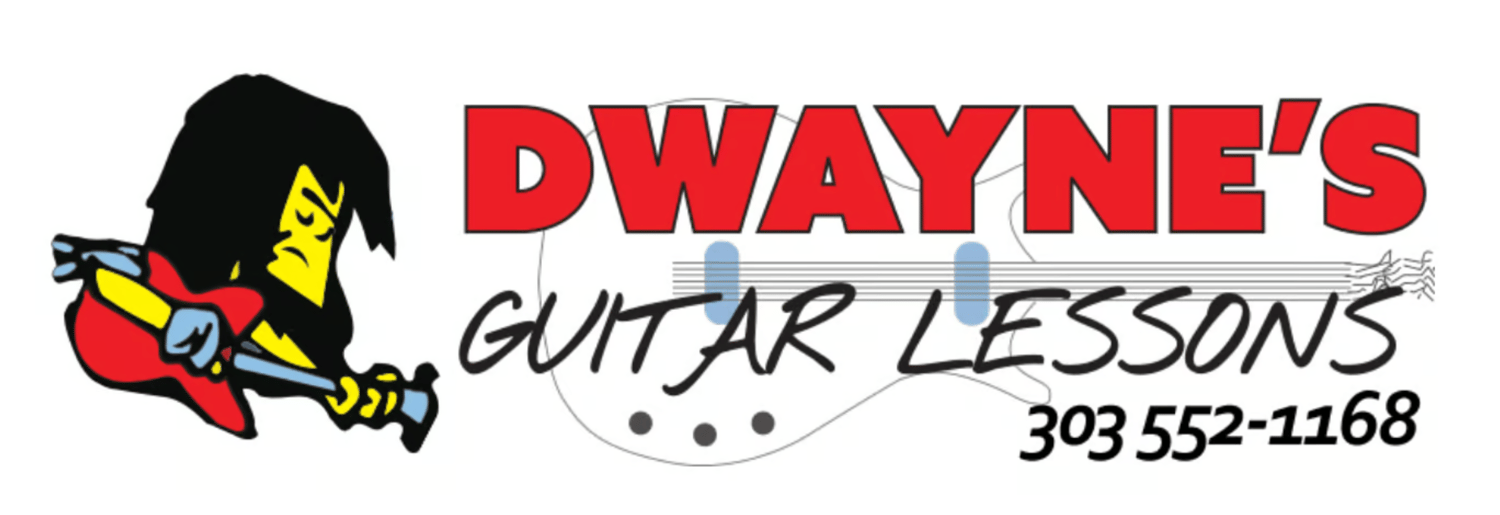In today's lesson, we will look at the top tips for learning to play the guitar quickly. It is always a question of how long it will take to learn, and that depends on many factors. Mainly, the amount of time dedicated to learning and practice. Mainly the practicing part. Which is what a lot of people have an issue with. Once you have that down, it's just a matter of how to learn quicker.
Accelerate Your Learning
With the right strategies, you can accelerate your learning process and become proficient in no time. But even with these tips discussed in this lesson, you will still need to be dedicated to learning and practicing daily. Your commitment to the instrument must be some you focus on and persist at. With all that being said, let's take a look at some top tips to help you learn quicker.
#1) Choose The Right Guitar:
This is the first step on your guitar learning journey. You must know what type of sound draws you to the instrument, so that you can acquire one. Do you like the soft sounds of the acoustic guitar? Or do you like the amplified sound of the electric guitar? Are you drawn to the sound produced by playing the guitar with your fingers, or the sounds made by playing with a pick?
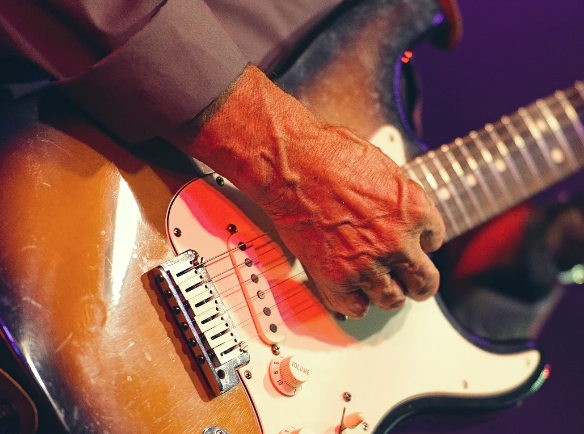
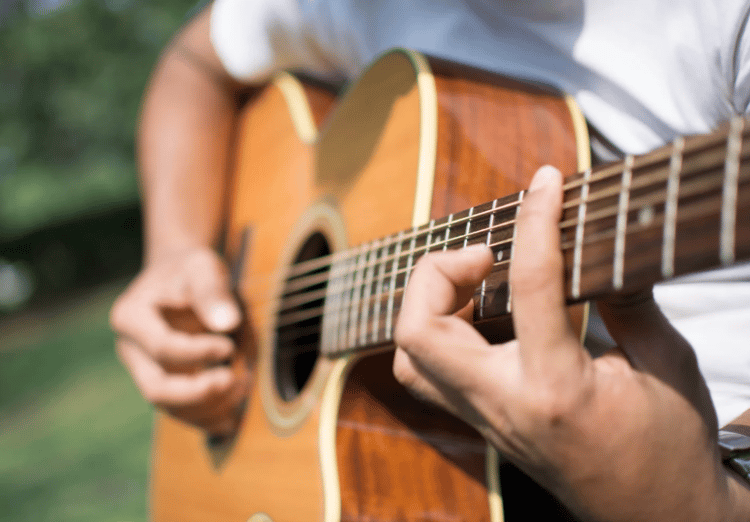
It is the answer to these types of questions that will help you make the right decision about choosing the right guitar. I recommend you look to those who inspire you to want to play. What kind of guitar do they play? Some may play both, and if so, what is their main instrument? Is it the acoustic? Or is it the electric? And, what kind of acoustic or electric do they play?
Once you have thought and found the answer to these questions, you can then proceed on the hunt for the right guitar. The one that is going to inspire you to play it. The one that is going to express who you are and become an extension of you. This part of the journey can be quite fun. Especially nowadays, with the internet, you can shop online, look at product reviews, and purchase easily.
You can also go into your local music store and see some of them firsthand. This is where the guitar will speak to you and say, "Choose me," and then you know you've found the right one. Once you choose the right guitar, you'll be ready to move on to step 2.
#2) Set Clear Guitar Goals:
Setting clear, achievable guitar goals can significantly accelerate your progress. Whether it's learning a new chord each week or mastering a particular song, having a target to shoot for will keep you motivated. When you have a guitar goal that can be broken down into smaller, digestible goals, you begin to see progress quickly. The reason for this is that you can get and stay focused. When you lack a goal, you tend to jump around and not progress forward very quickly.
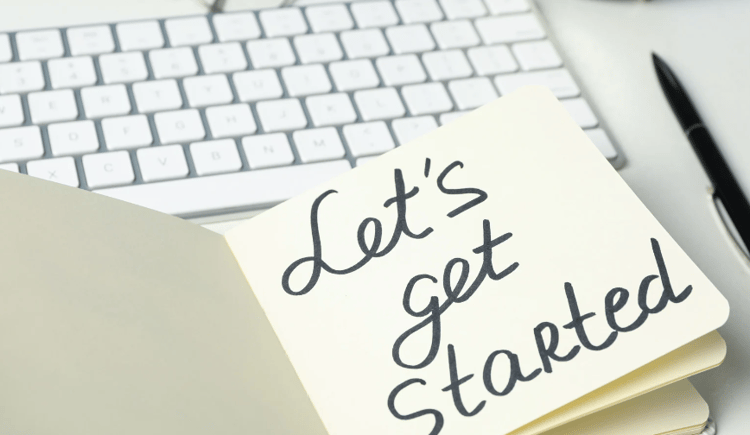
I see this happen all the time with students who come to me for lessons. I can see right away, after talking with them, that they lack focus because they don't have a guitar goal. Once we get this figured out, we can then get them moving forward and seeing quick results. Make sure to think about what you want to achieve with your guitar playing, and set a goal to accomplish it. Once you have this down, you can then design a plan. Once that is taken care of, you can take daily action to get you there.
#3) Practice Regularly:
This is also another thing that can make a huge difference in your progress. But consistency is key when learning any new skill, and the guitar is no different. In fact, you will be learning many new skills at once, so practicing regularly is highly important. Aim to practice every day, even if it's for 15 to 20 minutes. This will help to improve finger dexterity and reinforce muscle memory.
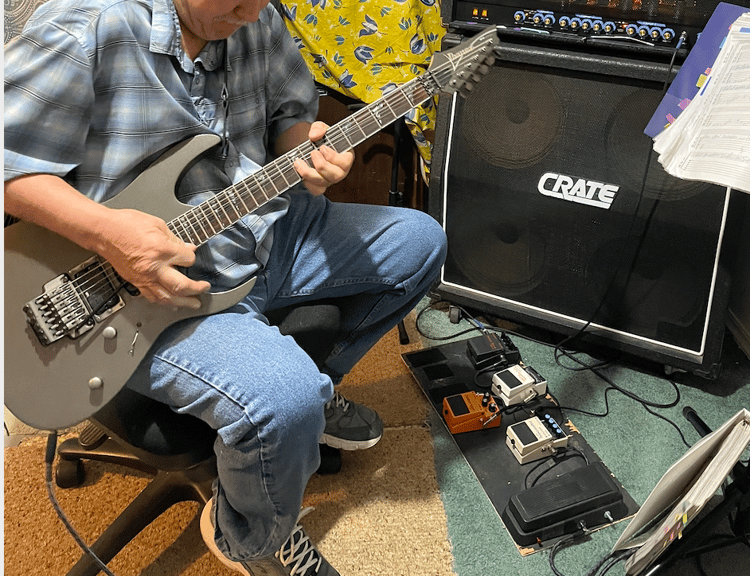
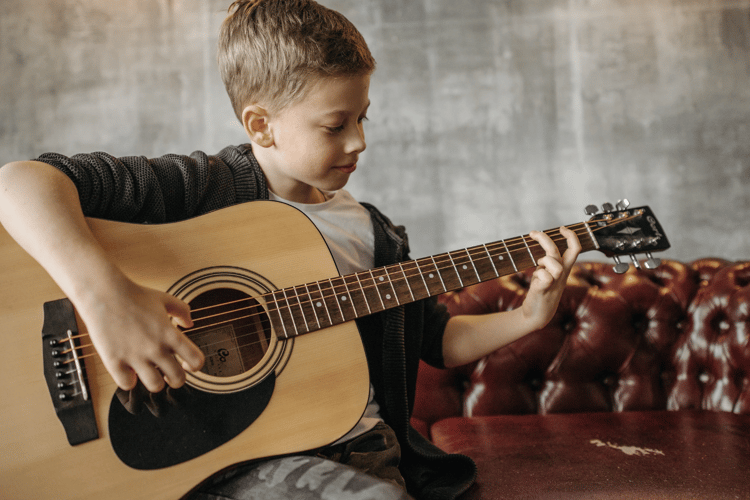
When you practice a little every day, the skills and newfound knowledge that you gain stay at the forefront of your brain. When you practice sporadically, the information tends to dissipate and get lost in the shuffle. Daily practice allows you to improve your focus, discipline, and persistence. All things needed to get proficient at playing the guitar.
Practie Time Frame
Beginner: 15-30 minutes each session (novice)
Intermediate: 1-2 hours each session (weekend warrior)
Advanced: 3-5 hours each session (professional)
Following this kind of timeline can help you determine where you currently are and what is needed if you want to progress to the next level. Always be tracking your progress. This will allow you to move forward at an accelerated pace.
#4) Focus On The Fundamentals:
This is one thing that I cannot stress enough. The fundamentals. I can't begin to tell you how many times I see this with self-taught guitar players who come to me for lessons. They are doing a great job with what they are working on, but have come against a hurdle that they just can't get over. Nine out of ten times, it is the same problem: they skipped over the fundamentals.
I can't begin to tell you how important these are in your guitar playing. If you skip over them or decide to cruise through them with little effort and focus, you will see clearly later down the line that it will come back to haunt you. Although if you spend quality time learning, understanding, and perfecting them, they will serve you well for years to come.
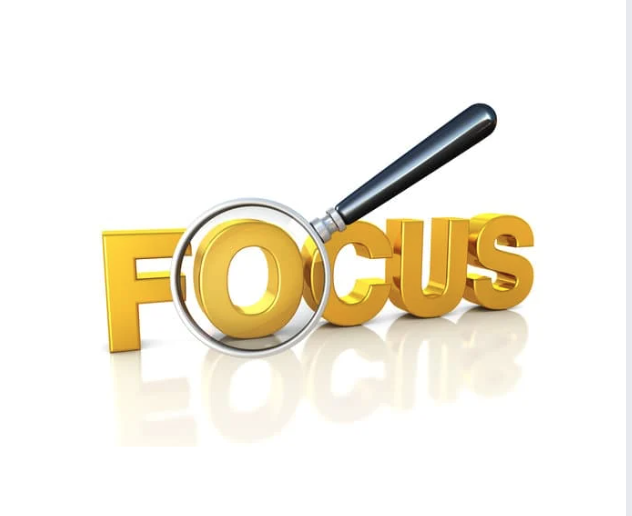
Start with the basics like common chords, C, A, G, E, & D. These can be found in thousands of songs. Work on forming them, moving them around, strumming them, and picking the notes of them individually. Then work with basic strumming and arpeggiating patterns. Work on basic scales and note reading. These and more will allow you to not only build a solid foundation for more complex learning to stand on, but also help you with fretboard mastery.
#5) Use Off & Online Resources:
The use of resources is also another way to accelerate your learning. Offline resources like books, magazines, and community classes can help tremendously. Method books have been helping people to learn guitar for many, many years, as they offer a step-by-step system, and although the internet has been developed, don't overlook this method, as it still works to this day. Highly recommended.
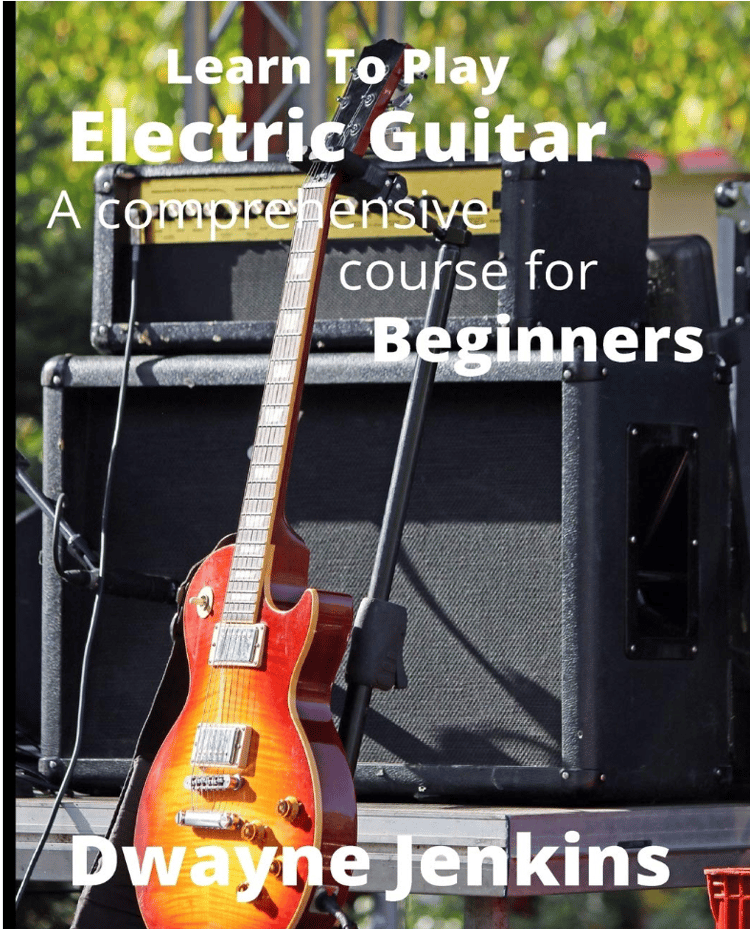
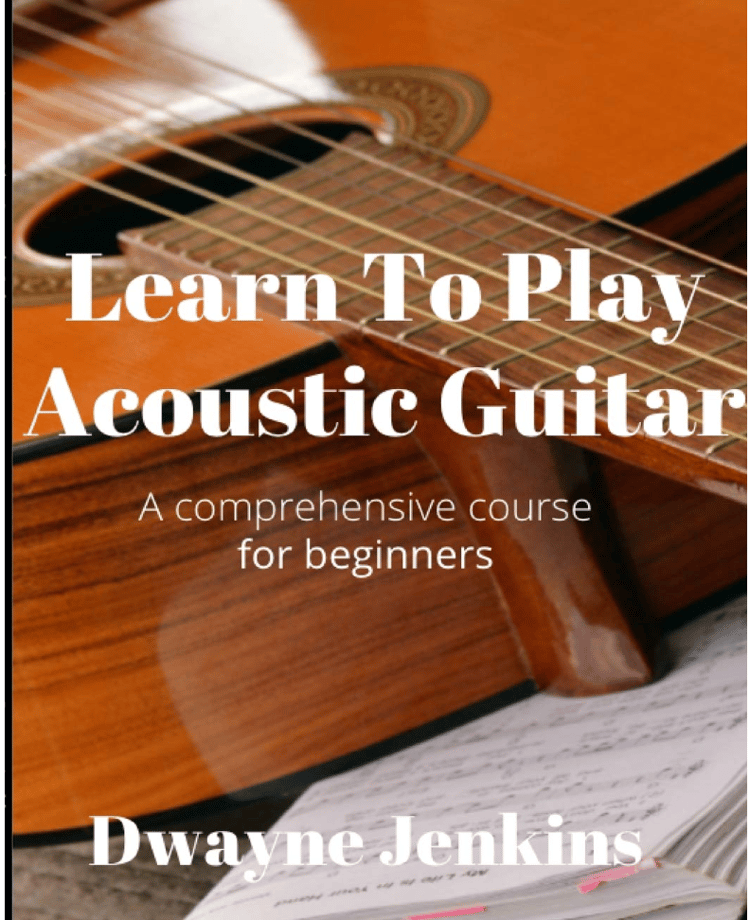
Another great offline resource is classic guitar magazines. They have articles, lessons, and interviews with the artists that inspire you to play, as well as transcriptions of popular songs. Some magazines feature a focus solely on a specific artist, which gives even more in-depth learning capability. All this can not only give you insight into their playing but also help you to stay inspired and motivated to practice daily. Another resource I highly recommend you look into.
With the invention of the internet and YouTube, a treasure chest of excellent online resources is offered to help accelerate your learning, at very little or no cost at all. How cool is that? You now have tutorials, Apps, and Online courses. All at your fingertips 24/7/365. There is no better time in the world to learn guitar than right now, today. Learning guitar has become easier than it ever has. That is, if you take advantage of these resources.
#6) Play Along With Songs
This is another great way to get better quickly. Play along to your favorite songs. This is another thing I see many guitar players have issues with. Playing a song all the way through. I can always tell when a guitarist is self-taught because they usually know a whole bunch of guitar riffs but not complete songs. The reason for this is that it takes a lot of concentrated effort and dedicated practice to commit to learning a song all the way through.
A song is like an obstacle course, and it takes focus and concentration to get through an obstacle course. The ups, downs, and turns. Well, a song is no different. You will have hurdles that need to be overcome. Certain techniques will need to be mastered, and specific timing will need to be applied to get through the song successfully.
#7) Seek Out Feedback:
Receiving constructive feedback can help identify areas of improvement. This is where getting involved with community classes can help, or if possible, take private lessons from a professional instructor who can help with personal advice. The right teacher can help you in areas you were not even aware of, and this is where the real quick learning takes place.
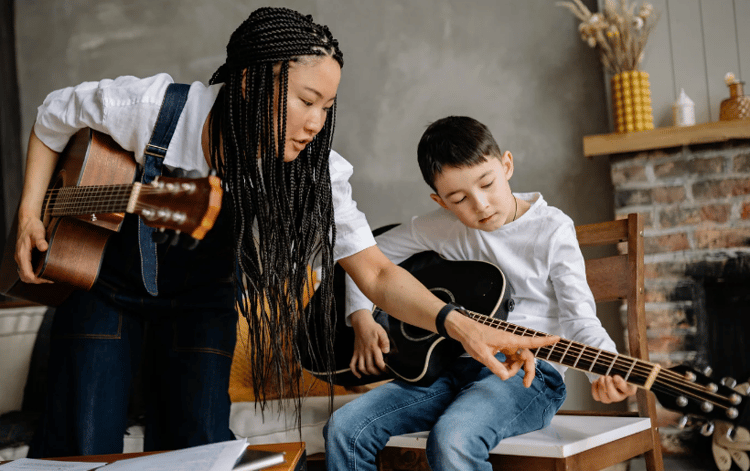
Private tutoring is a great way to excel because not only do you get immediate feedback that you can work on immediately, but you also have someone you can confide in, help you to build self-confidence, and make learning to play the guitar an enjoyable experience. This and more can help you to become the best guitar player you can be.
#8: Stay Positive & Develop Patience
This can be a bit difficult to do sometimes. Usually, when you are struggling to get something right. Staying positive about your progress. Success in anything we do is not just physical, but mental as well. Look at athletes, winning the game for them is not just the physical challenges that they have to go through, but also the positive mindset that they have to acquire and keep up. Especially when the chips are down.
If a team is losing the game, they need to find the strength and positive mental attitude to turn things around. They also need to develop patience and certainty that it will. Learning to play the guitar is no different. You need to develop a positive mindset and know that if you do as instructed, whether it be from a book, video, friend, or instructor, that you will see positive results.
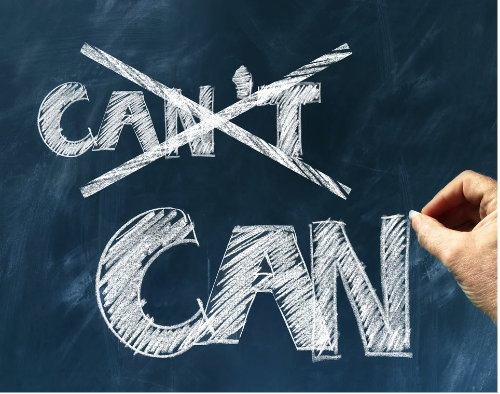
You need to develop patience in your learning. You will find that some things will be easily learned, while others will be more of a struggle. This is normal with everyone. No need to sweat it, though, just identify where you need to improve and work on it. This is where the private lessons can help. Your teacher can give you pointers that can help you overcome the obstacle faster and easier than just going it alone.
Either way, you want to stay positive along your journey and develop patience. These two things together will help you to develop discipline and persistence. These are also needed when learning to play the guitar. One thing that is great about these skills is that they can help you in other areas of your life. And that, my friend, is a big plus!
Lesson Conclusion
Remember, learning to play the guitar is a journey that requires a multitude of skills and a mindset that won't give up. Discipline, determination, and commitment are what's needed to accelerate faster than normal. More than above-average effort will be required on your part. More daily and longer practice sessions will be what is needed. If you do these things, you will no doubt progress quickly. Especially if you find a private instructor to help you along the way.
You just need to stay positive. Celebrate small victories along the way, and don't get discouraged by setbacks. This is normal and know all guitar players go through it. Think of it as a rite of passage. If your fingers are hurting, take a break. If you can't mentally wrap your head around a concept, take a break and come back to it with fresh eyes. Just don't take too long a break, or you might not come back at all. Just long enough to clear your mind and give your muscles a rest.
More Help Is Available:
If you do all that has been taught in this lesson, you will accelerate your learning. There can be no other way. The only way you won't accelerate is if you take your foot off the gas and slow down. Keep the pedal to the metal and you'll see quick results. And if you feel you may benefit from personal attention, you can get that through my private one-on-one guitar instruction. These can help you get out of a rut, master certain techniques better, or just make sure that you are doing things correctly.
I know from taking private lessons myself, this approach helped me out considerably, and since I had a fun teacher, learning to play the guitar was enjoyable. If this type of learning can benefit you, feel free to contact me through my website at Dwayne's Guitar Lessons, and we'll set up a free consultation.
Best of luck with your learning,
And thanks for your time today.
Sincerely, Dwayne Jenkins.


